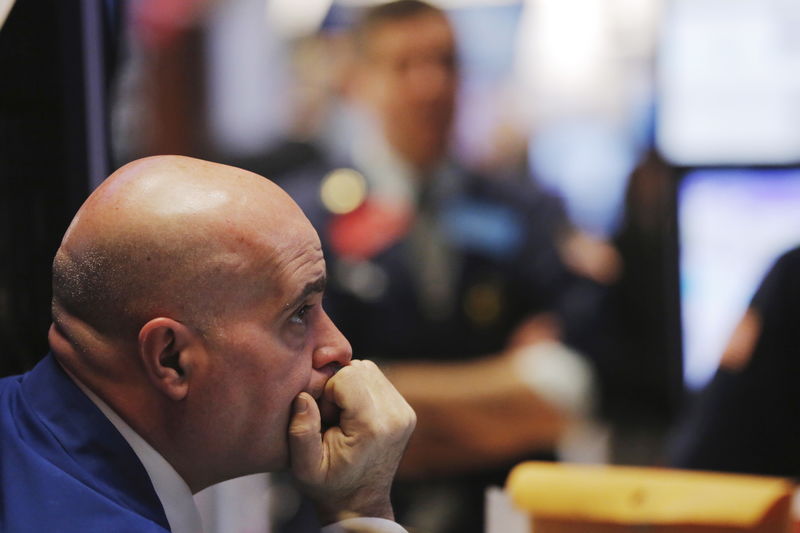By Ana Mano
SAO PAULO (Reuters) – Revised trade accords with most of Brazil’s trade partners, including China, make it unlikely the world’s largest chicken supplier will impose a nationwide ban on exports should the virus that causes highly pathological avian influenza (HPAI) hit commercial flocks.
Ricardo Santin, head of a group representing firms like JBS and BRF, told Reuters the agreements with trade partners should limit any export restrictions to smaller geographic regions.
Still, the details of a 2004 bilateral sanitary protocol with China, Brazil’s top chicken buyer last year, could spell some pain for exporters.
The protocol, which the agriculture ministry said remains in force, requires immediate notification to Beijing of epidemic diseases and imposes temporary national and local bans depending on the type of illness threatening the health of poultry.
It also stipulates that exported meat must come from farms free of any avian disease-related restrictions for 12 months.
Santin declined to elaborate on how he expects Beijing and Brasilia to apply the 2004 protocol in the event of an outbreak in Brazil’s commercial flock.
This week, HPAI was detected in wild birds in the southern state of Rio Grande do Sul, raising the risk of infection on poultry farms, which are largely concentrated in southern Brazil. Rio Grande do Sul ships 16% of Brazil’s chicken exports.
Brazil has registered 19 outbreaks of HPAI in wild birds nationwide this year.
Santin said Brazil began renegotiating sanitary protocols in 2021 with around 70% of foreign markets.
He said in principle most of Brazil’s clients accept that “a containment zone” may be established for trade purposes, based on World Organization for Animal Health (WOAH) guidelines.
Those practices, however, may not satisfy buyers like Japan, Mexico and South Africa, who have not revised agreements with Brazil, he said.
WOAH outlines best practices for “zoning” and compartmentalizing HPAI infection to specific areas at risk in order to ease nation-wide restrictions, allowing countries to continue to sell and export of poultry.
The U.S., which competes with Brazil in poultry export markets, had HPAI outbreaks but continued to ship products.
U.S. turkey and egg production dropped 6% and 2% respectively in 2022 as avian flu wiped out flocks. Still, total poultry meat exports rose 3% by volume and 14% by value, as revised trade agreements limited trade restrictions compared with a previous record U.S. bird flu outbreak in 2015.
Read the full article here












